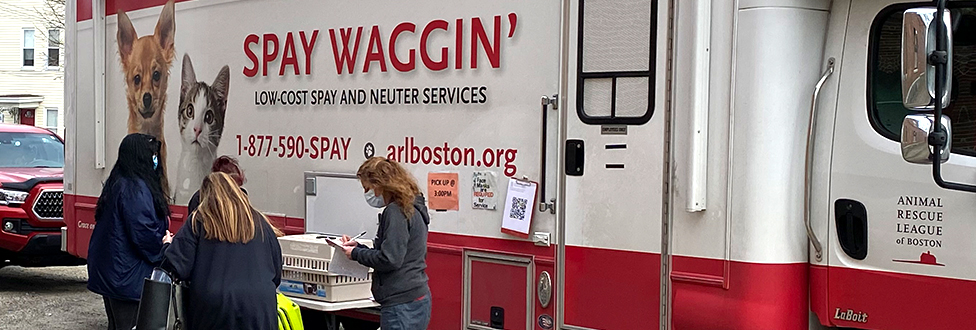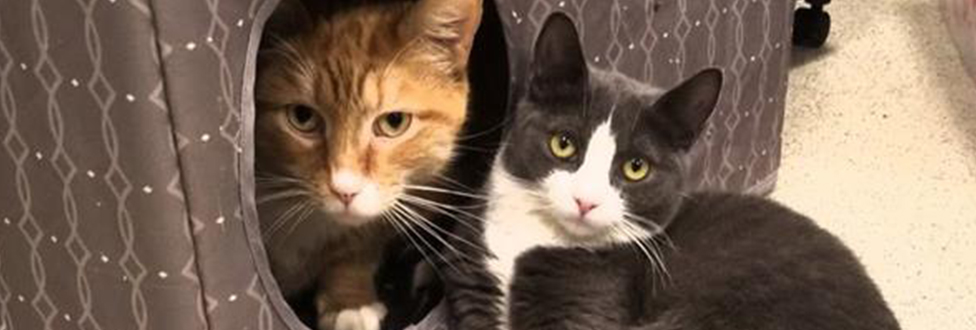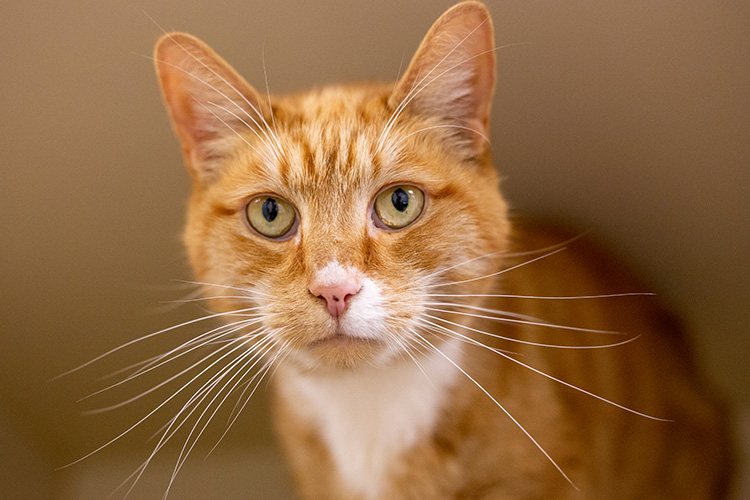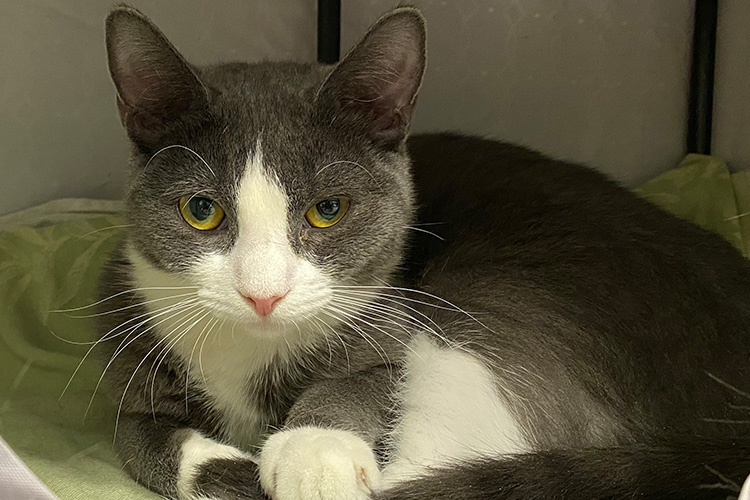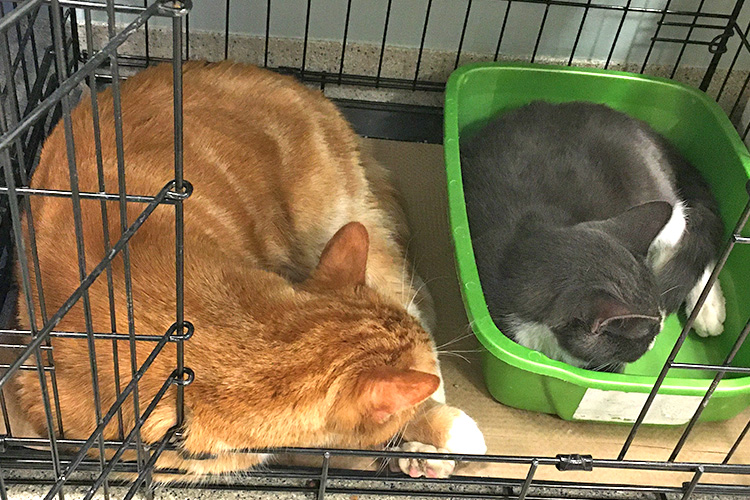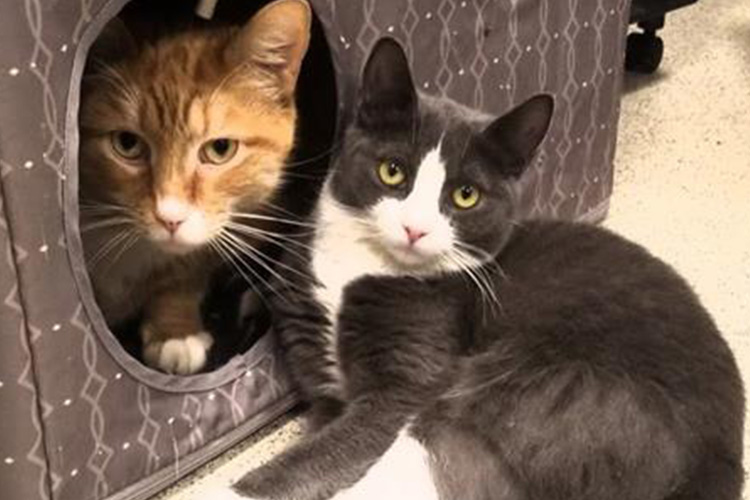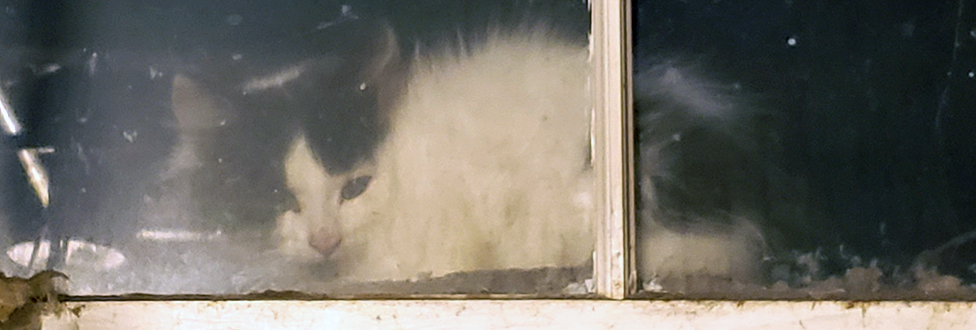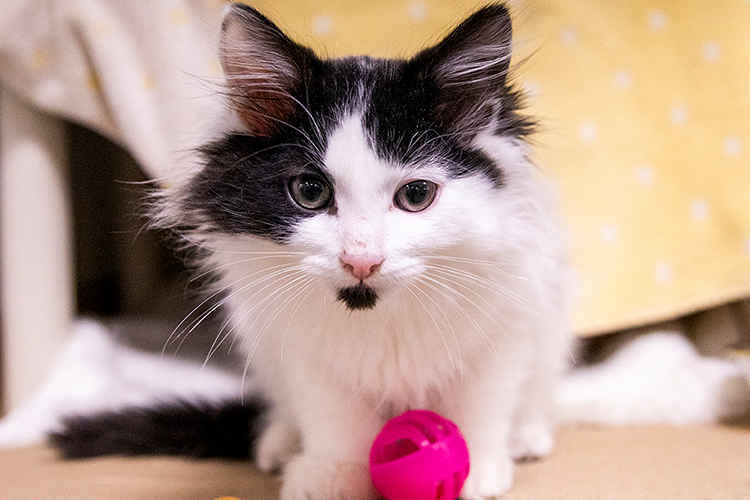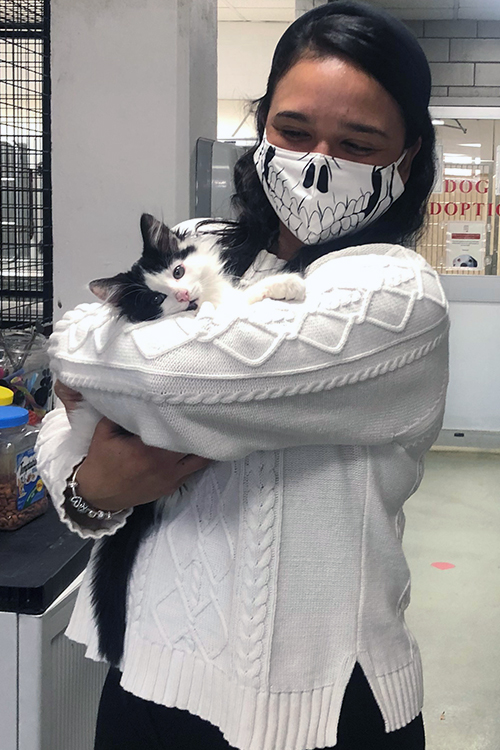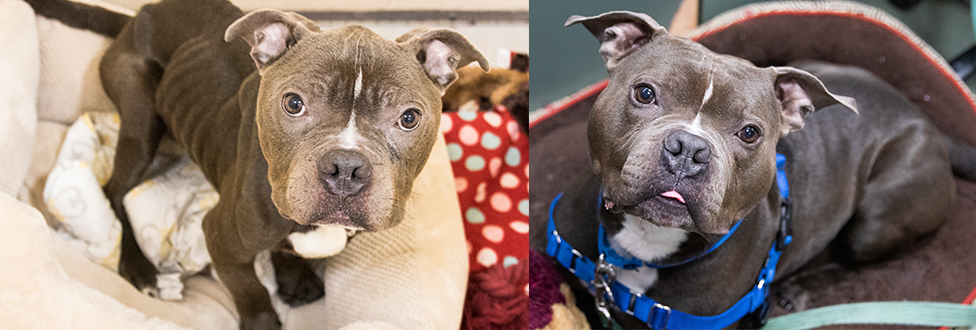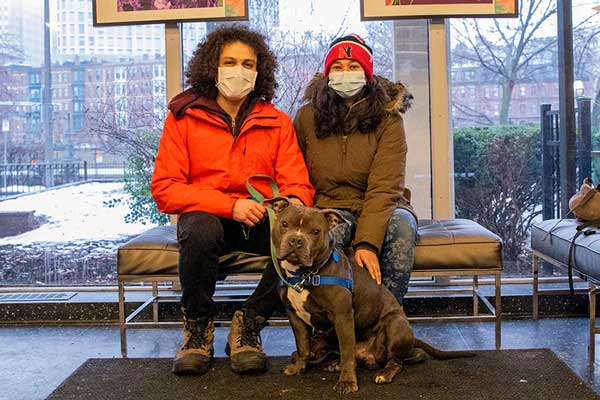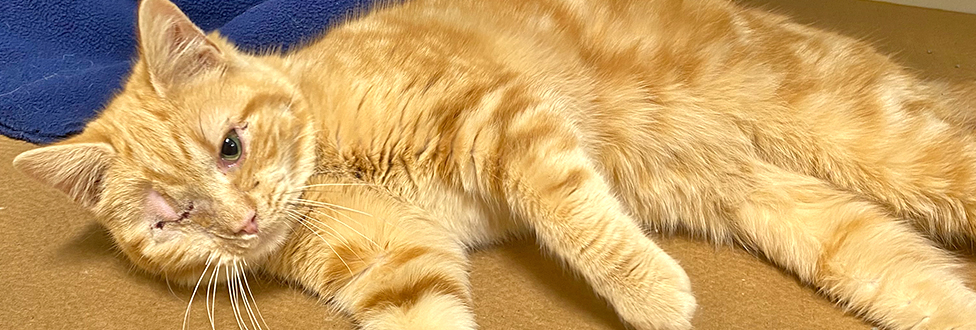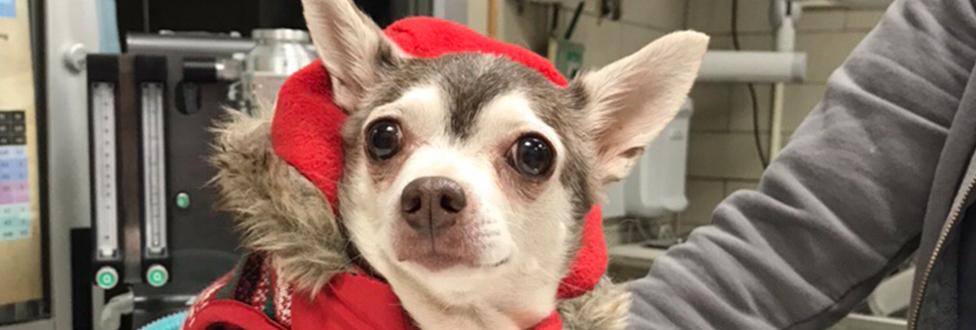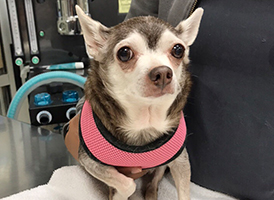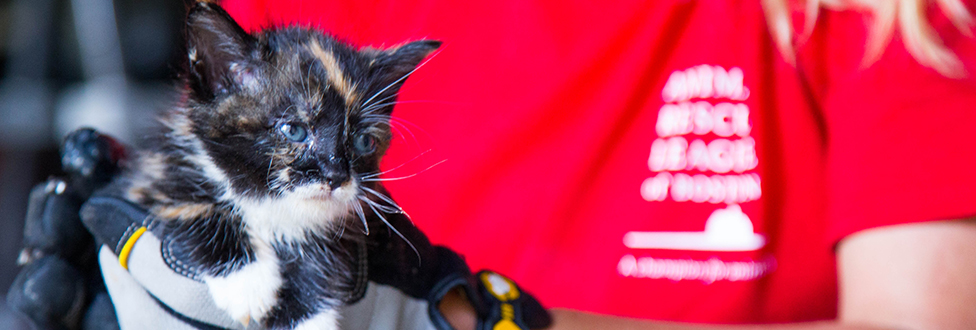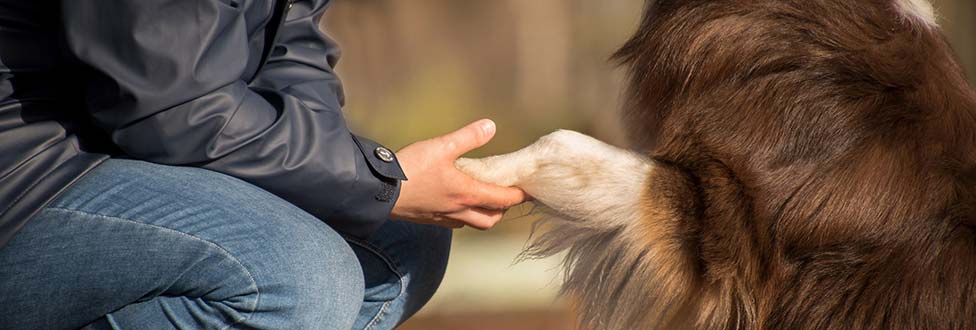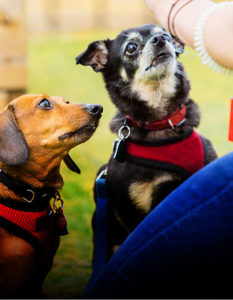ARL Expands Services to Fall River Community
Services include spay/neuter and community cats
For a third year in a row, the Animal Rescue League of Boston (ARL) has partnered with the Massachusetts Animal Fund (MAF) to bring vital spay and neuter services to the South Coast community of Fall River, this as ARL continues to expand services to the Fall River community.
ARL’s Spay Waggin’, a state-of-the-art mobile surgical unit, welcomed nearly two dozen animals for the surgeries, which were covered by the MAF’s voucher program, which distributes vouchers to qualifying low-income pet owners to cover the cost of the important procedure.
Due to high demand and Covid-19-restrictions, many clients had been on a waiting list for a number of months to have their pets spayed or neutered, and ARL is pleased to once again be able to provide this vital service.
Additionally, ARL’s Field Services Department was on-hand to distribute pet food to clients.
Community Cats
ARL has recently expanded its community cat initiative into the Fall River region as well.
There are approximately 700,000 community cats, which consist of stray, feral, and semi-feral cats, in Massachusetts.
Through the Community Cat Initiative, ARL will assess colonies, and formulate a trap-neuter-return (TNR) plan to provide spay/neuter, medical care, and also find homes for cats deemed suitable for adoption.
So far ARL has worked with more than dozen cats in the region, and as the weather warms, the number of cats in need of assistance is expected to drastically increase.
For residents concerned about community cats in their respective neighborhoods, they can reach ARL’s Field Services Department by calling 617-426-9170, then dial 1.
Spay Waggin’
ARL’s Spay Waggin’ provides high-quality, low-cost spay and neuter services to animals in need on the South Shore, South Coast, Cape Cod and the Islands, as well as select locations in Metro Boston.
Since 2000 the Spay Waggin’ has provided services for more than 60,000 animals.
The Spay Waggin’ is by appointment only, and to for more information and to book an appointment, call (877) 590-SPAY (7729), or email spaywaggin@arlboston.org.

